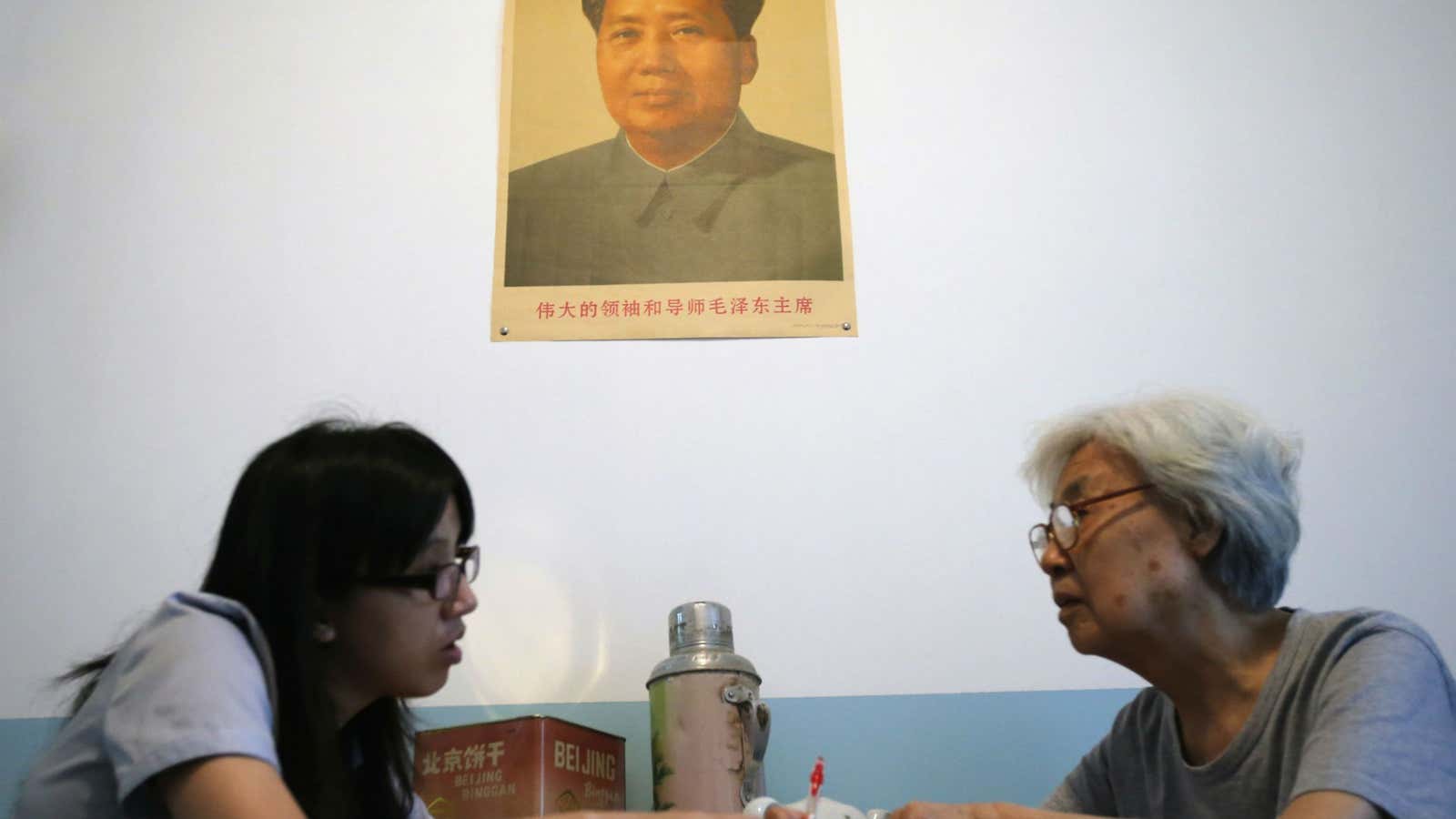This week, Chinese officials released a list of the six most common illegal fundraising scams—a form of informal lending that China has recently been cracking down on—providing a snapshot of the some of the biggest worries and vulnerabilities of China’s middle class.
Small private Chinese firms who have trouble getting loans from Chinese banks have long relied on informal sources for gathering funds, including peer-to-peer lending and crowd-funding. And Chinese families, with limited investment opportunities at home, have been piling into such schemes.
But authorities are worried that scams in this sector cause financial as well as social instability and they are trying to curb the practice. Last year, a Chinese businesswoman was sentenced to death for defrauding investors of almost $70 million in an alleged Ponzi scheme—as was another woman in 2011, who authorities accused of pooling money from outside investors for her beauty spa empire.
The China Banking Regulatory Commission (CBRC) said that Chinese authorities recovered 6.4 billion yuan ($1 billion) in illegally raised funds across almost all of China’s provinces in 2013, according to a report (link in Chinese) in the state-run China Youth Daily. Critics of the government’s approach to the cases say it is a gray area of raising funds, in which it is hard to tell what is and isn’t illegal.
One emerging field for shady illegal fundraising highlights a particular vulnerability among China’s increasingly aging population (and their children, who are worried about how to care for them): retirement. According to the CBRC, the fourth most common illegal fundraising area is “using the idea of providing for one’s elderly relatives.”
These operations organize seminars and give small gifts to recruit either elderly people or their children to invest in the building of new retirement homes. Given China’s shortage of good elderly care—and years-long waiting lists for nursing homes—it’s no wonder that people are susceptible to this scam. China’s quickly growing elderly population, exacerbated by the country’s population-control policies, is putting pressure on young and middle-aged couples who have to care for two sets of parents, instead of sharing the burden among siblings.
The other common traps, according to officials, come from unlicensed private banks who lobby for money in the name of fake initial public offerings or other dubious financial investments; made-up international companies looking for investment; and sellers who lie about the worth of collectibles such as commemorative coins and stamps.
